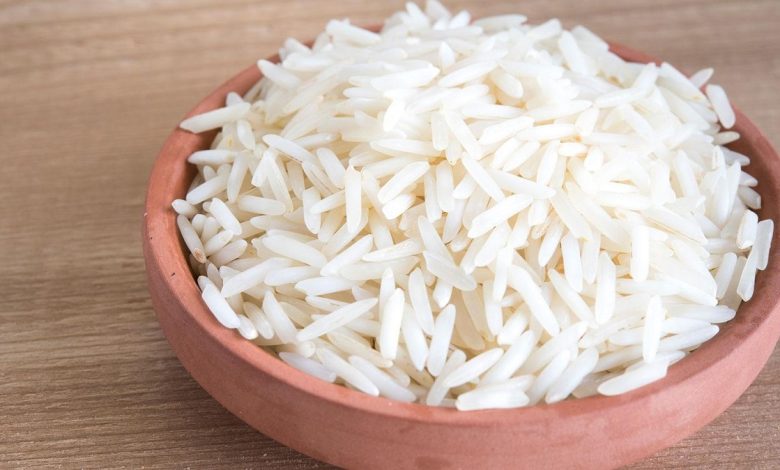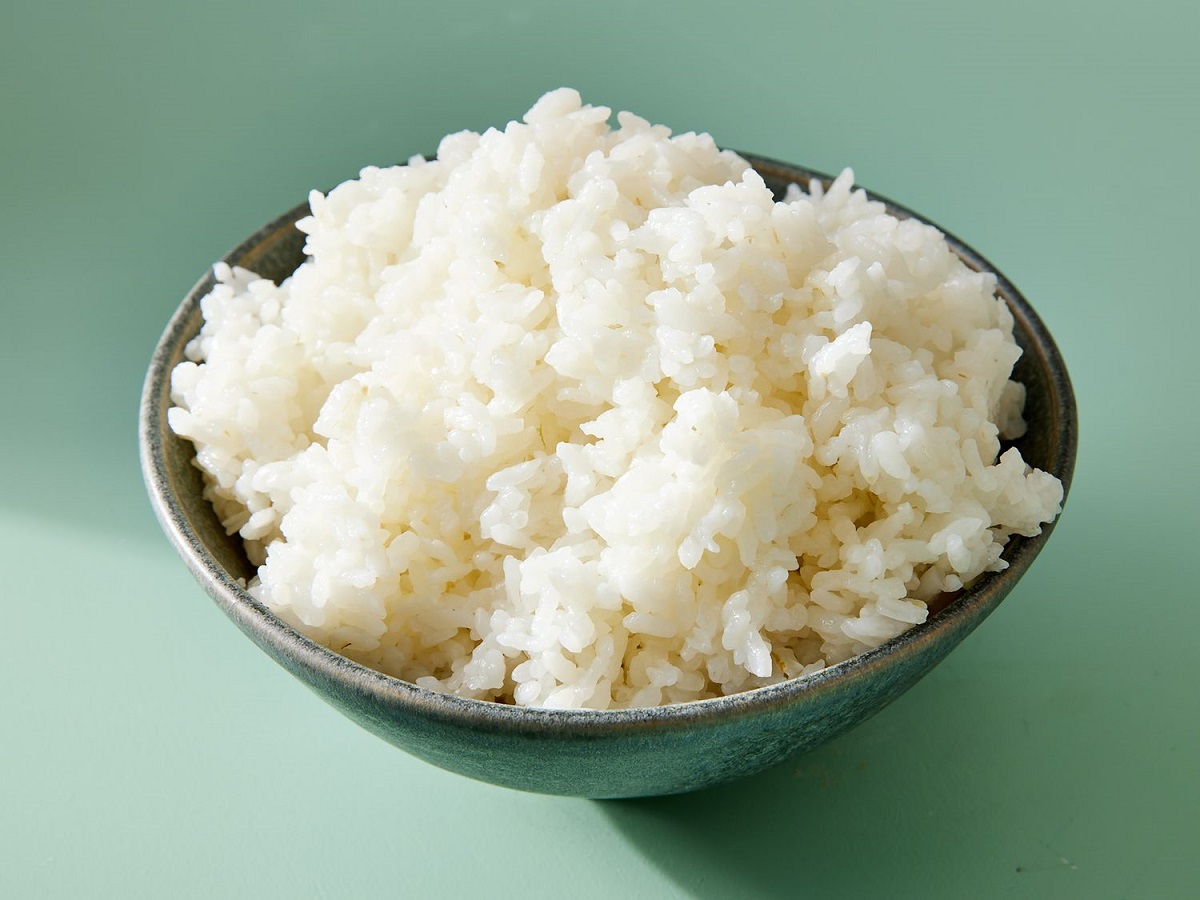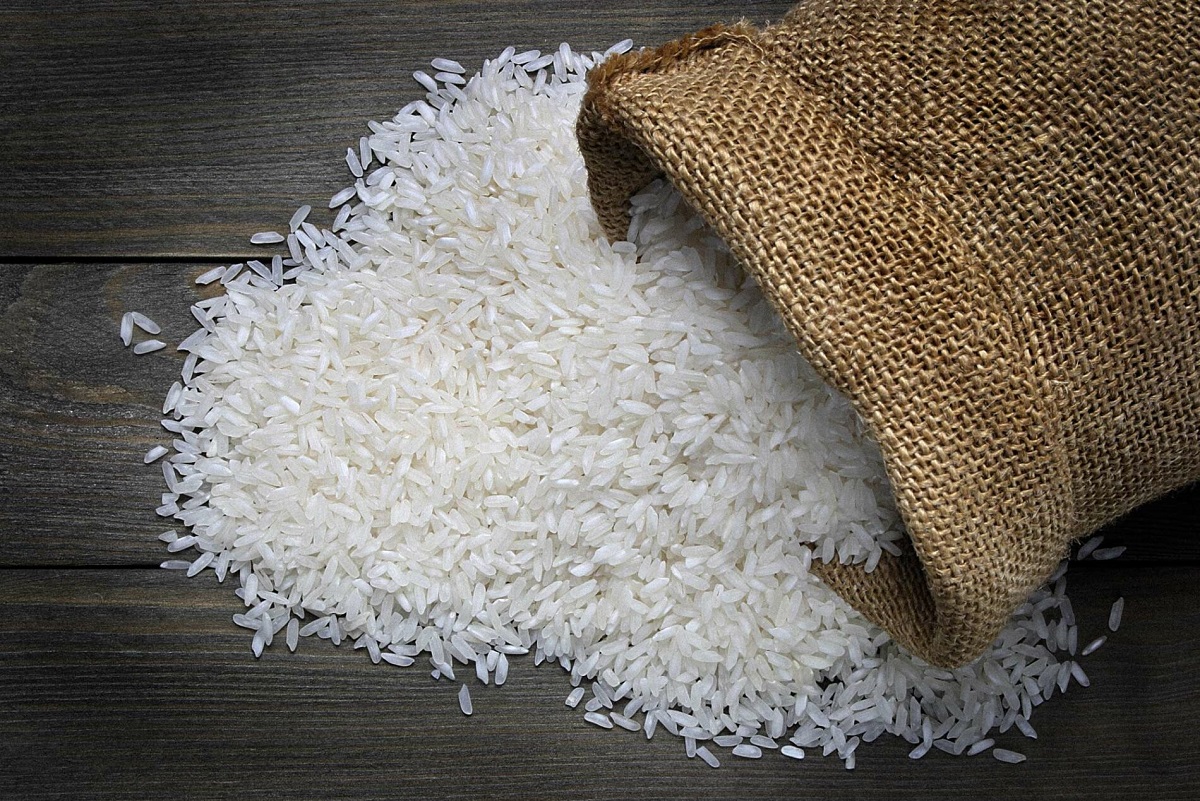Calories In Rice: Reduce Rice Calories With This Simple Trick

Calories In Rice: Do you want to enjoy rice while gaining additional health benefits? The solution lies in increasing the resistant starch content of rice.
“Resistant starch” forms when cooked rice is cooled and then reheated. This process slows digestion, improves gut health, and helps stabilize blood sugar levels. To achieve this, simply refrigerate cooked rice and reheat it before eating.
Calories In Rice, However, it’s essential to note that improperly storing and reheating rice can be risky, as harmful bacteria may grow in starchy foods kept at unsafe temperatures (4.4°C to 60°C).
While white rice is a healthy part of many diets, it isn’t the most nutrient-dense grain. That’s why this method of reducing its carbohydrate and calorie content has gained popularity on social media, and experts have supported its scientific basis. Even USA Today has covered this topic.
How We Can Reduce Calories In Rice?

The Science Behind This Idea
Calories In Rice, This hack is grounded in several scientific principles. Cooking rice alters the molecular structure of its starch—the primary nutrient in rice. Cooling cooked rice further modifies its molecular composition, making the starch less digestible. As a result, when you consume cooled and reheated rice, your body absorbs fewer calories and carbohydrates.
During the cooling process, the amount of a specific carbohydrate called resistant starch—one the body cannot digest—actually increases. Eating rice with higher resistant starch content means fewer calories and carbohydrates are absorbed, leading to less fluctuation in blood sugar levels.
Calories In Rice, Some influencers on social media claim this trick can halve the calories absorbed from white rice, but experts say studies do not support such drastic reductions.
What Is Resistant Starch?
Calories In Rice, White rice primarily consists of starch—complex carbohydrates made up of glucose molecules linked together. According to Darrell Cockburn, associate professor of food science at Penn State University, starches can be classified based on how they are digested:
Rapidly digestible starches
Slowly digestible starches
Resistant starches
Resistant starch is a type of carbohydrate that the body cannot digest. It is called “resistant” because it resists digestion in the intestines. Instead, it ferments in the colon, producing short-chain fatty acids that feed healthy gut bacteria. Essentially, resistant starch acts like fiber.
Calories In Rice, Beyond nourishing gut microbes, resistant starch slows glucose production and absorption, meaning it doesn’t raise blood sugar levels as much as other starches. Foods such as vegetables, legumes, whole grains, raw potatoes, and unripe bananas also contain significant amounts of resistant starch.
Research And Benefits

Calories In Rice, A 2022 study published in the journal Nutrition & Diabetes found that every 100 grams of cooled rice contained approximately 5 grams fewer digestible carbohydrates than the same amount of freshly cooked rice. This reduction suggests that cooled and reheated rice has 10–15% fewer calories compared to freshly cooked rice.
Can This Trick Aid Weight Loss?
Calories In Rice, According to Natalie Rizzo, a nutrition expert, studies indicate that eating resistant starch-containing foods can support weight loss. For example, a randomized controlled trial with 37 participants found that resistant starch altered the gut microbiome to inhibit fat absorption, potentially aiding weight loss.
However, some studies have shown mixed results, indicating that more research is needed to confirm the effects of resistant starch on weight management.
Calories In Rice, Other studies suggest that resistant starch may help reduce the risk of colon cancer. A 2015 study in Indonesia showed that white rice cooled for 24 hours and reheated could be included in the diets of diabetic patients. However, experts advise these individuals to consult their doctors to closely monitor carbohydrate intake and blood sugar levels.
Also Read:
Who Should Avoid Certain Vegetables: A Nutritional Perspective
The Health Benefits Of Spices: Nature’s Wellness Boosters
Sugar Intake In Meals: The 3 Health Benefits Of Reducing Sugar Intake In Your Meals
Low-Calorie Sweeteners: More Dangerous For The Heart Than Sugar?




